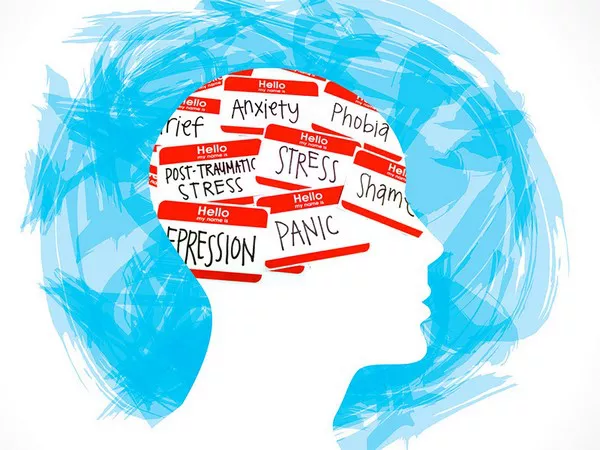As temperatures soar during heat waves, the impact on mental health becomes increasingly evident, with a spike in hospital admissions for mental health issues. With the past decade witnessing record-breaking heat, and another scorching summer on the horizon, it’s crucial to address the repercussions of extreme heat on mental well-being.
While heat-related physical ailments such as heat stress, exhaustion, and stroke are well-documented, the toll on mental health often goes overlooked. Many can attest to the sleepless nights and heightened irritability experienced during hot weather. However, for individuals living with mental illnesses, the effects of extreme heat can be far more severe, exacerbating existing conditions and increasing the risk of hospitalization and even mortality.
Research conducted in regions like Phoenix, Arizona, and during the 2021 heat dome in British Columbia sheds light on the correlation between heat and mental illness. Studies indicate that lower socioeconomic groups, racialized individuals, the homeless, and older adults are particularly vulnerable to the adverse effects of extreme heat.
Understanding the Link between Heat and Mental Illness
Recent research has quantified the relationship between temperature and mental illness, highlighting the impact of environmental factors on human health. Urban climatologists have examined the unexpected consequences of heat on various populations, with a focus on individuals diagnosed with schizophrenia.
Schizophrenia, a mental disorder affecting information processing in the brain, also impairs thermoregulatory functions. Consequently, individuals with schizophrenia may not respond adequately to extreme heat, increasing their susceptibility to heat-related illnesses. Furthermore, medications used to manage schizophrenia can elevate core body temperature, pushing individuals closer to the thresholds for heat stress and stroke.
Analysis of hospitalization data in Phoenix reveals a significant correlation between minimum air temperature and schizophrenia hospitalizations. Extreme temperatures, both hot and cold, are associated with an increase in hospitalizations, imposing substantial costs on the healthcare system.
Addressing the Impact and Seeking Solutions
While schizophrenia may not be the most prevalent mental illness in Canada, it serves as a poignant example of how environmental factors can exacerbate mental health conditions. With one in every five Canadians experiencing a mental illness annually, the impact of heat on mental well-being extends across society.
To mitigate the adverse effects of extreme heat on mental health, broader measures are required. Ensuring equitable access to air conditioning, particularly for vulnerable populations, is a critical step. However, reliance on air conditioning contributes to energy consumption and greenhouse gas emissions. A more sustainable approach involves designing cities with green spaces, which offer multiple benefits, including mitigating the urban heat island effect, improving air quality, and enhancing mental health.
Research underscores the mental health benefits of urban greenery, including reduced depression, irritation, and aggression. Green spaces have been shown to enhance mood, self-esteem, and aid in recovery from illness. As temperatures rise, it’s essential to recognize the broader impacts of extreme heat on mental health and prioritize measures that benefit the entire community.
Conclusion
Extreme heat poses significant challenges to mental health, particularly for vulnerable populations and individuals living with mental illness. By understanding the link between heat and mental health and implementing measures to mitigate its impact, we can build resilient communities equipped to withstand the challenges of climate change. From equitable access to cooling infrastructure to the integration of green spaces in urban planning, proactive steps can alleviate the burden of extreme heat on mental well-being and foster healthier, more sustainable environments for all.

